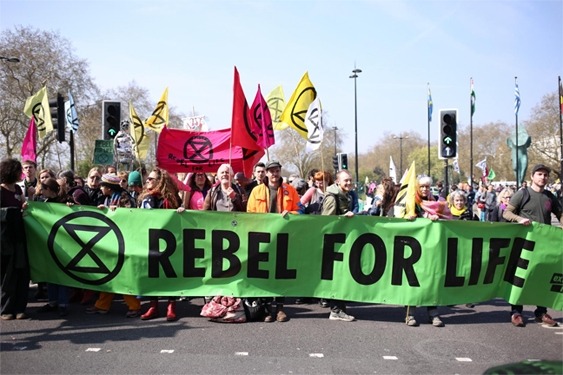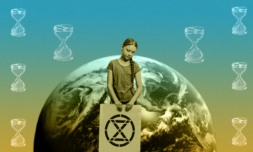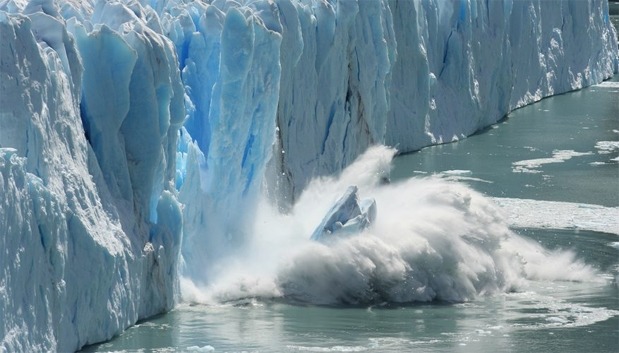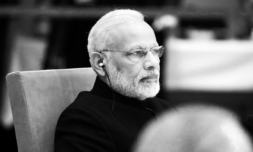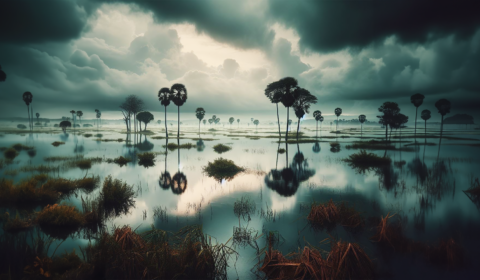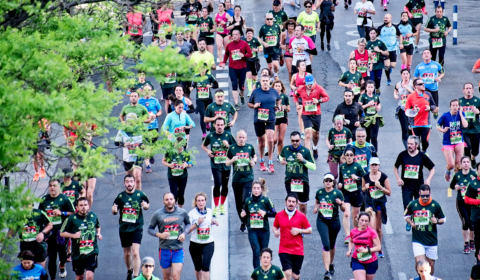Gen Z and millennials are increasingly being diagnosed with ‘climate anxiety’ – an impending and constant sense of doom regarding the state of the planet.
Climate news hasn’t been uplifting recently. Last year the Intergovernmental Panel on Climate Change reported that the world has a mere handful of years to keep global warming in check lest we face widespread loss of life and irreversible damage. We live in a world where credible scientists are yelling from rooftops that if global temperature rise more than 1.5C by 2020 we’re all going to be underwater, and revered publications like National Geographic are tweeting things like ‘we have just ten years to save ourselves.’
The political strategy is panic, and it’s an effective one. While there are still climate change deniers in office, the only way to institutionalise meaningful change is if the next generation accept climate change as irrefutable fact.
However, climate panic is having some adverse consequences for the health of young people.
“We have just ten years to save ourselves.” https://t.co/WS63JJzuOp
— National Geographic (@NatGeo) April 19, 2019
Psychotherapist Elizabeth Earnshaw reported to New Scientist that she sees an increasing number of young people who feel so overwhelmed and powerless at the state of the planet that they’re developing anxiety disorders. This is evidently contributing to the staggering figures of anxiety and poor mental health that Gen Z already has.
A constant pressure to make good choices in our daily lives leads to a perpetual state of stress and guilt that I’m sure many of us are familiar with. Earnshaw states that this despair typically leads either ‘to activism – protesting, advocating, and working towards change – or a more depressed, numb feeling of unease about how to engage in a way that might change or improve things.’
The first of these two groups are certainly making their presence known. The Extinction Rebellion organised a disruption protest in London this April, though whether they succeeded in drawing attention to climate change or merely to their own antics is debatable.
